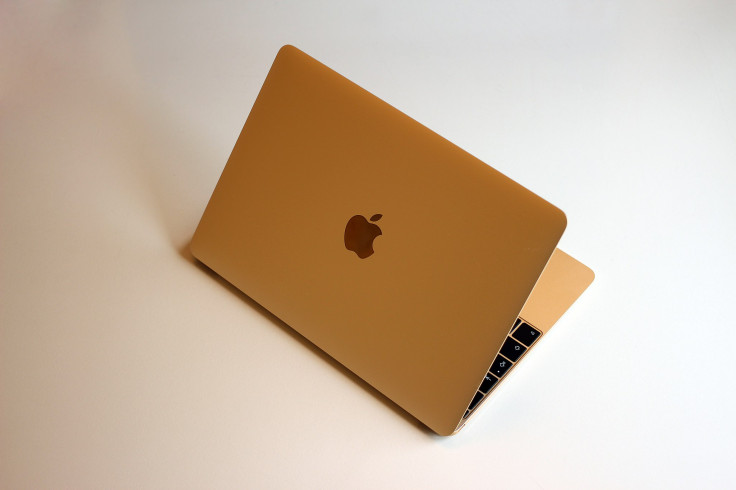Two unreleased Apple Macs spotted in Steam's hardware database
Two upcoming Apple Macs with "Mac14,6" and "Mac15,4" identifiers have appeared in Steam's November 2022 survey.
Apple is prepping to unveil new M2 Pro and M2 Max chipset-backed MacBooks next year. Now, two unannounced MacBooks appear in Steam's hardware database.
MacRumors spotted the aforementioned MacBook models in Steam's hardware database. For starters, Steam regularly reveals details about the hardware and software of the devices used by its gamers.
The video game digital distribution service shares data showing the operating system versions and other key specs. The unreleased MacBook models have identifiers "Mac14,6" and "Mac15,4."
These unannounced Macs were spotted at the bottom of Steam's November 2022 survey. Identifiers corresponding to models such as the M2 MacBook Air, 13-inch M2 MacBook Pro, and the Mac Studio have also been spotted at the bottom of the list.
The unreleased Apple Macs show 0 per cent usage on Steam. However, their placement on the list implies Apple may be testing these MacBook models with unannounced Apple silicon chips on the gaming platform.
Future Macs will likely pack M2 Pro and M2 Max chips under the hood. As a result, the new MacBooks will be faster. These models will also deliver outstanding overall performance and graphics compared to the existing Macs.
Moreover, the new MacBook models could ship with bigger memory configurations. To those unaware, the Cupertino-based tech giant initially planned to unveil new MacBook Pro models this fall.
However, the company postponed the launch date for unknown reasons. The new MacBook Pro models are reportedly set to launch in 2023.
Apple will probably take the wraps off the 14- and 16-inch MacBook Pro models, the Mac Pro upgrade, and the Mac Studio next year. The next-gen Mac Pro models are expected to feature an M2 Max chip.
Notably, the M2 Max chip has a 12-core CPU that operates at 3.54GHz. Also, it comes with up to a whopping 96GB of RAM. The current model has 64GB of RAM.
The Apple M2 Max chip was recently spotted on the Geekbench benchmarking website. The chip gained 1853 and 13855 points on the benchmarking website's single-core and multi-core tests.

© Copyright IBTimes 2025. All rights reserved.






















